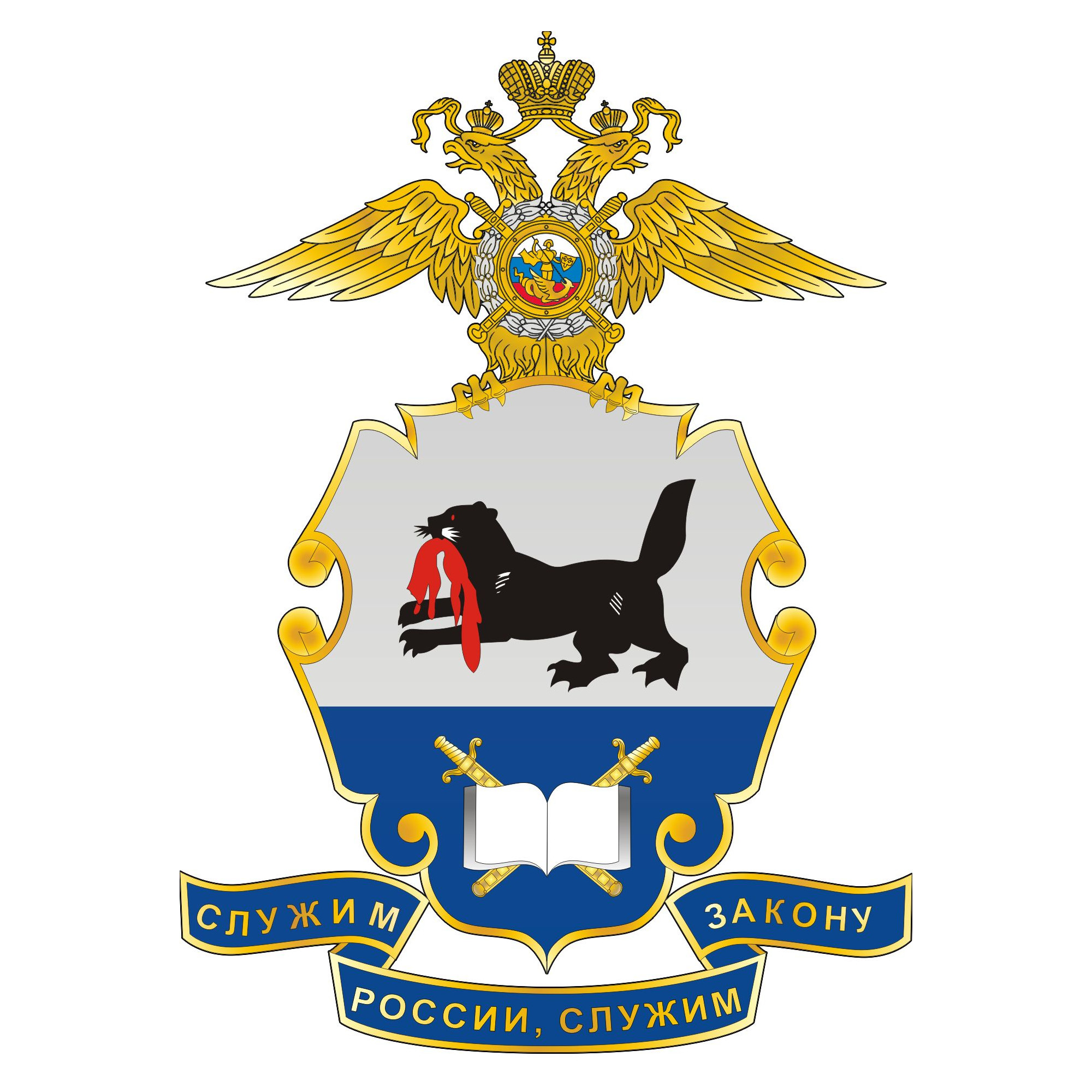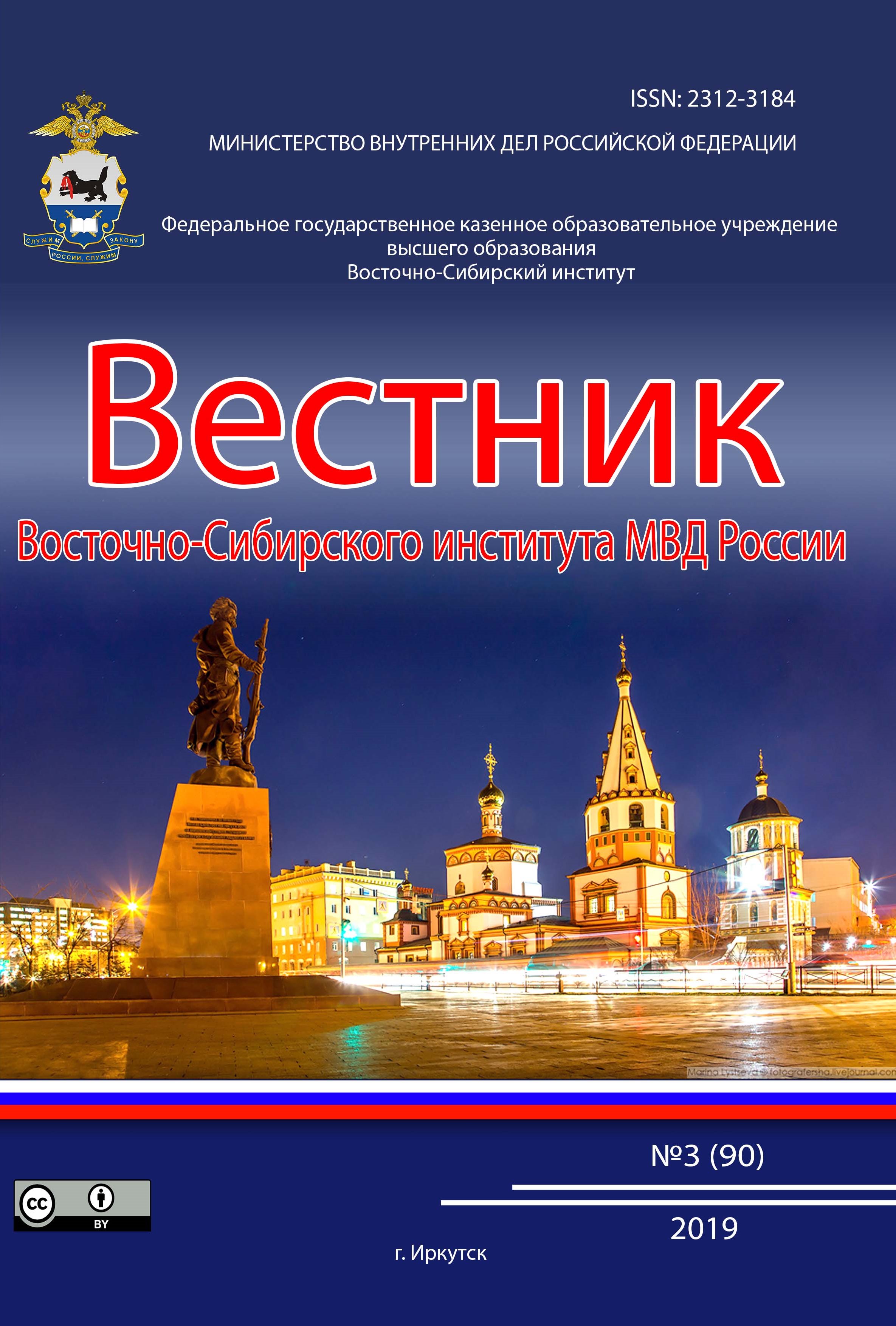from 01.01.2023 until now
Tyumen, Tyumen, Russian Federation
Introduction. The article discusses the issue of the need to highlight the criminological concept of «organized crime», as well as the signs that define this phenomenon. The study of various author's approaches to understanding «organized crime» allows us to establish some characterizing features, such as: «criminal activity», «goal», «participants», «organization». At the same time, a comparative analysis with other types of crime, such as «economic», «professional» and «white collar», leads to the conclusion that the essence of «organized crime» is specific and occurs in each of these types. Each studied feature has its own relevance in defining the concept of «organized crime». In this connection, highlighting the concept of «organized crime» is necessary in order to characterize interconnected persons engaged in criminal activities. Materials and Methods. Scientific research is based on such general scientific methods as analysis, synthesis, deduction, induction, abstraction, concretization, formal logical, as well as special scientific methods such as historical, system-structural methods and the extrapolation method. The study uses materials from judicial practice, as well as various positions from the doctrine of criminal law and criminology. The Results of the Study. The multidimensionality of manifestations of organized crime as one of the dangerous social phenomena is shown. The need to highlight this concept in the context of the study of organized criminal activity is substantiated. The author's definition of the concept of organized crime is given. Findings and Conclusions. The necessity of taking into account the concept of organized criminal activity as a constitutive feature when defining the concept of organized crime has been proven.
organized crime, organized criminal activity, types of crime
1. Luneev V. V. Prestupnost' XX veka: mirovye, regional'nye i rossijskie tendencii [Crime of the 20th century: world, regional and Russian trends]. Moscow, 2005, 912 p.
2. Voishvillo E. K., Degtyarev M. G. Logika [Logic]. Moscow, 2001, 528 p.
3. Dolgova A. I. Prestupnost', ee organizovannost' i kriminal'noe obshchestvo [Crime, its organization and criminal society]. Moscow, 2003, 572 p.
4. Gilinsky Ya. I. Kriminologiya: teoriya, istoriya, empiricheskaya baza, social'nyj kontrol'. Avtorskij kurs [Criminology: theory, history, empirical basis, social control. Author's course]. St. Petersburg, 2018, 517 p.
5. Justitsky V. [Organized crime: a paradigm shift].Prestupnost' i kriminologiya na rubezhe vekov: materialy XII Mezhdunaronogo Baltijskogo kriminologicheskogo seminara [Crime and criminology at the turn of the century : materials of the XII International Baltic Criminological Seminar]. St. Petersburg. 1999, pp. 46-48.
6. Kuzmina N. V. Sovremennye aspekty protivodejstviya organizovannoj prestupnosti: kriminologicheskij analiz [Modern aspects of combating organized crime: criminological analysis]. Moscow, 2021, 120 p.
7. Ovchinsky V. S., Eminov V. E., Yablokova N. P. Osnovy bor'by s organizovannoj prestupnost'yu [Fundamentals of the fight against organized crime]. Moscow, 1996, 400 p.
8. Grodnensky N. N. Pervaya chechenskaya: istoriya vooruzhennogo konflikta [The first Chechen: history of armed conflict]. Minsk, 2008, 720 p.
9. Prestupnost', organizovannaya prestupnost' i problemy bezopasnosti [Crime, organized crime and security issues]. Moscow, 2010, 248 p.
10. Kleimenov M. P., Kleimenov I. M. Razvitie organizovannoj prestupnosti: yavlenie i opredelenie [Development of organized crime: phenomenon and definition]. Vestnik Omskogo universiteta. Seriya «Pravo» – Vestnik of Omsk University. Series «Law», 2017, no. 2 (51), pp. 160-174.
11. Mishin G. Professional'naya i organizovannaya prestupnost': sravnitel'nyj analiz [Professional and organized crime: comparative analysis]. Ugolovnoe pravo – Criminal law, 1999, no. 4, pp. 95-99.
12. Mikautadze S. R. Ugolovno-pravovye i kriminologicheskie priznaki prestupnogo professionalizma: avtoref. dis. … kand. yurid. nauk [Criminal legal and criminological signs of criminal professionalism: abstract. dis. ...cand. legal Sci]. Moscow, 2006, 24 p.
13. Kleimenov M. P. Kriminal'noe manipulirovanie i sovremennaya prestupnost' [Criminal manipulation and modern crime]. Prestupnost' i duhovnost' – Crime and Spirituality. Moscow, 2008, pp. 14-25.
14. Vakutin A. A. «Belovorotnichkovaya» prestupnost' E. Saterlenda: teoriya, ne poteryavshaya aktual'nosti [«White-collar» crime by E. Sutherland: a theory that has not lost its relevance]. Vestnik Sibirskogo yuridicheskogo instituta MVD Rossii - Vestnik of the Siberian Legal Institute of the Ministry of Internal Affairs of Russia, 2020, no. 2 (39), pp. 80-84.
15. Dolgovoy A. I., Dyakova S. V.( by Ed.) Organizovannaya prestupnost' [Organized crime]. Moscow, 1989, 352 p.
16. Bogolepov V. P. O sostoyanii i zadachah razvitiya obshchej teorii organizacii [On the state and objectives of the development of the general theory of organization]. Organizaciya i upravlenie – Organization and management. Moscow, 1968, pp. 39-56.











